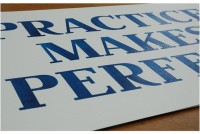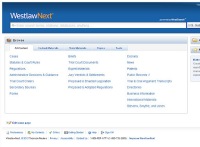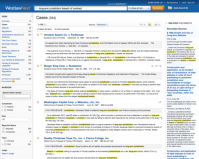If there is one thing that people ask me all the time it’s, “Can’t I find this online for free?!” Most times you can’t. Sometimes you can and even when you can odds are by the time you find what you need online (for free), the powers that be have determined that what you need is actually valuable and useful and have removed it and neither you (or anyone else) can’t find it anymore.The thing to keep in mind when using FREE legal websites is that even though it may be FREE (in that you don’t have to pay anything up front), everything is associated with a cost and the cost of a FREE legal website is the hair  you might be pulling out of your head because you can’t find exactly what you’re looking for because as we all know (or have heard at some point in our lives), there ain’t no such thing as a free lunch. So, with that in mind, let us go forth into the wiley world of FREE legal websites.
you might be pulling out of your head because you can’t find exactly what you’re looking for because as we all know (or have heard at some point in our lives), there ain’t no such thing as a free lunch. So, with that in mind, let us go forth into the wiley world of FREE legal websites.
United States Supreme Court decision from 1893 (www.findlaw.com/casecode/supreme.htm). Have you ever had the situation where you found a website with great links and then one day the link you liked the best just disappeared? Actually that happens all the time but one great website that that happened to is United States Supreme Court decisions from 1893.
GPO Access (www.gpo.gov/fdsys). What I suspect happened is that a group of people in federal land got together and said, “hey, why don’t we gather everything together that is federal related and put it on one website. Then, when people get comfortable and know how to use it, we’ll yank it out from under them, remove it entirely from the web, and really mess with their heads. Well, they’ve got the first part right – I’m just waiting for them to turn it off. Until “they” do, go forth and search all things Federal.
So, next time you’re out and about the World Wide Web, know that while most things aren’t free – some are and if you want/need to know where to find what’s what and where, the person you need to talk to is your friendly neighborhood law librarian (’cause if we can’t find it, odds are it can’t be found).









